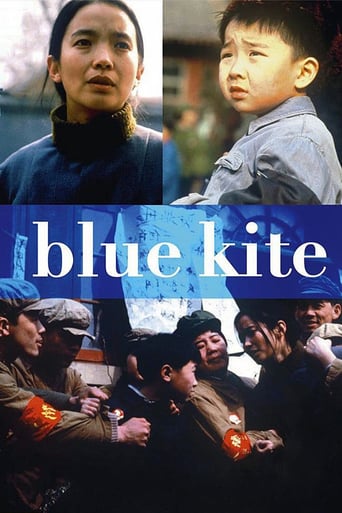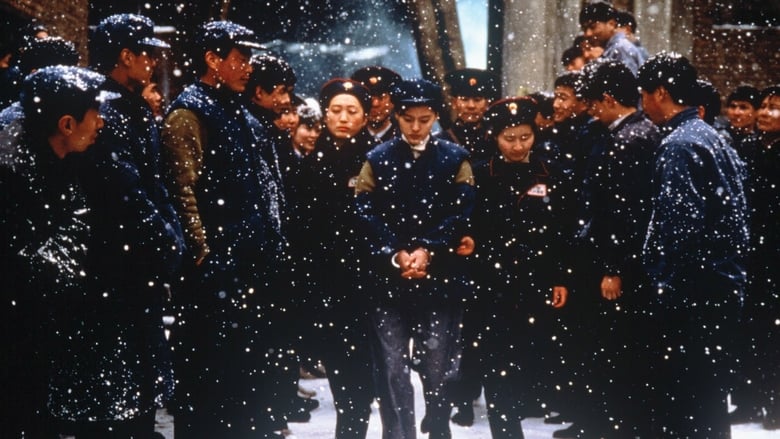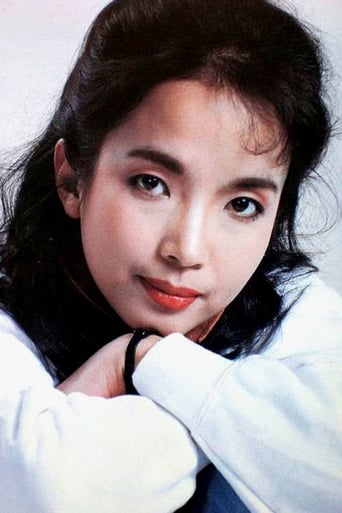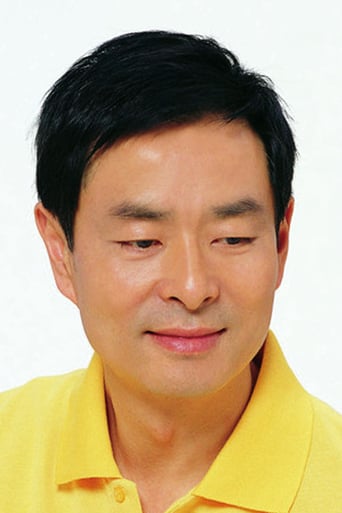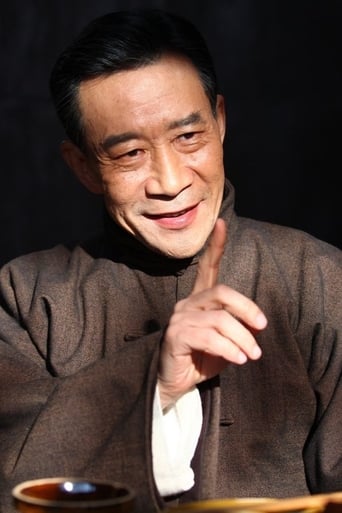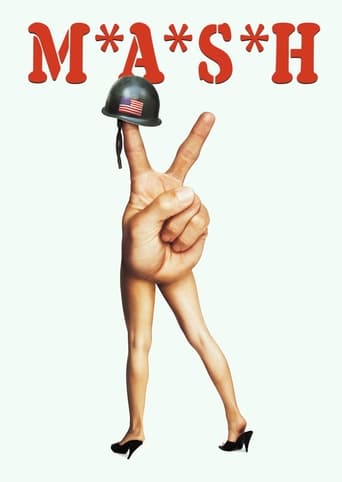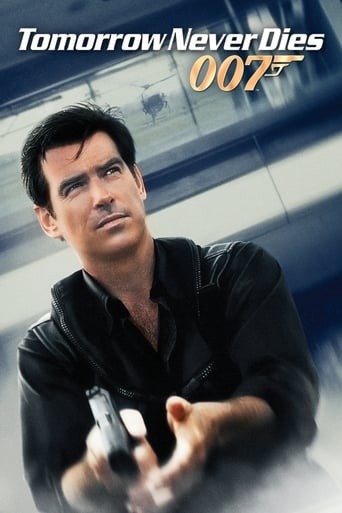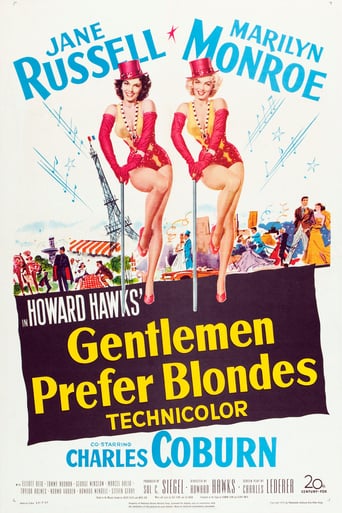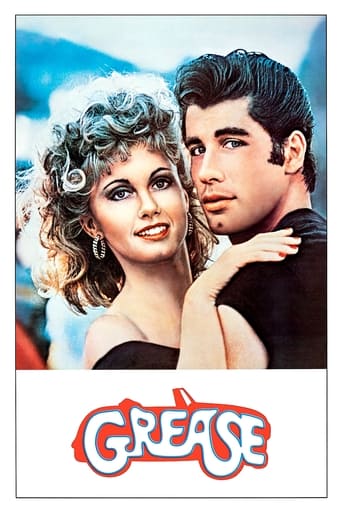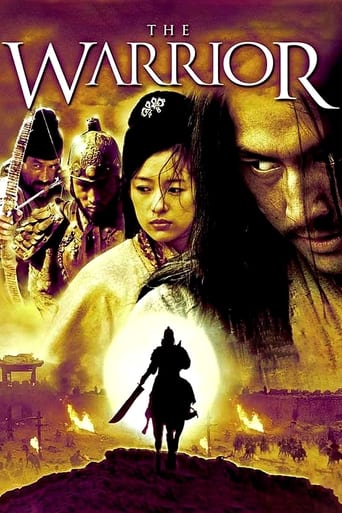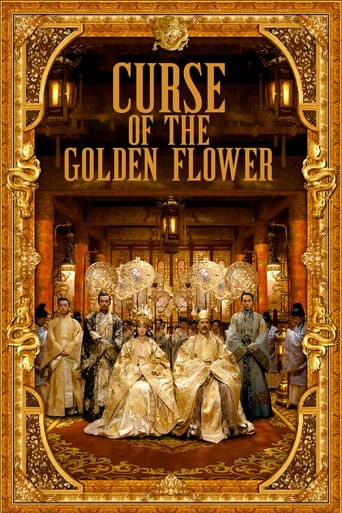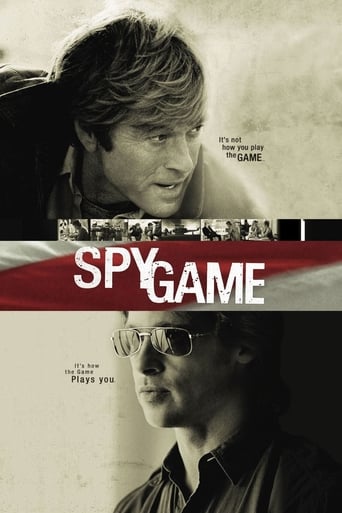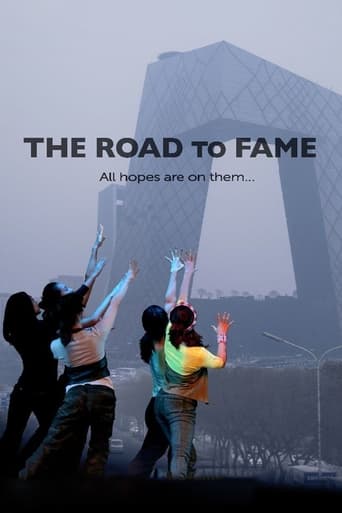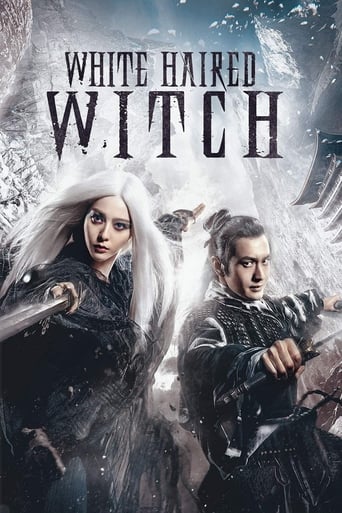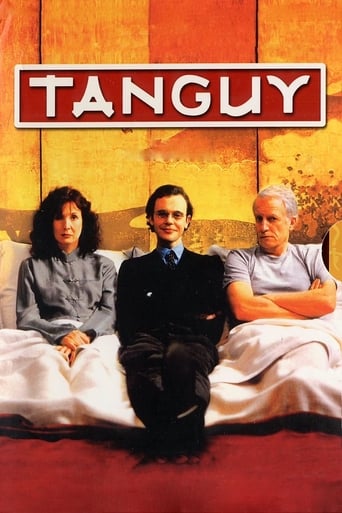The Blue Kite (1994)
The lives of a Beijing family throughout the 1950s and 1960s, as they experience the impact of the Hundred Flowers Campaign, the Great Leap Forward, and the Cultural Revolution.
Watch Trailer
Free Trial Channels
Cast


Similar titles
Reviews
Brilliant and touching
It's not great by any means, but it's a pretty good movie that didn't leave me filled with regret for investing time in it.
Blistering performances.
A film of deceptively outspoken contemporary relevance, this is cinema at its most alert, alarming and alive.
I recalled the title of this Chinese appearing in the book 1001 Movies You Must See Before You Die, it had good critics reviews, and it did well at film festivals, so it was hoping for something good, directed by Zhuangzhuang Tian (The Horse Thief). Basically story is told from the perspective of a young boy, Tietou (Tian Yi) (his name literally means "iron head") growing up in the 1950s and 1960s in Beijing. Chen Shujuan (Liping Lü) and Lin Shaolong (Cunxin Pu) married in 1953 on Dry Well Lane, their son Tietou was born a year later. During the Hundred Flowers Campaign, Shaolong creates a blue kite for his son (Wenyao Zhang), a symbol that will remain throughout as a sign of better days, he dies in a reform camp. During the Great Leap Forward, close family friend Uncle Li Guodong (Xuejian Li), who protects Shujuan and her son partly out of guilt for lying to authorities about Shaolong, succumbs to malnutrition. During the Cultural Revolution, teenage Tietou (Xiaoman Chen) moves in with Lao Wu, his Stepfather (Guo Baochang), Tietou's mother being dragged away by Red Guards, and the stepfather dies from heart failure, the fate of Tietou is left unknown. Also starring Ping Zong as Chen Shusheng, Xiaoying Song as Sis, Yanjin Liu as Shujuan's mother and Bin Li as Granny. The story is essentially how careers, romances, friendships and rivalries are affected by momentous political and historical events, based on the memories of the director, only the blue kite flying seem to be the happy moments, this film was banned by the Chinese authorities, the betrayals and brutalities are convincing, I remember some family argument scenes, it was a little slow at times, but it is an interesting drama. Worth watching!
The film The Blue Kite is a typical example of the informal censorship of alternative opinions in our modern liberal societies (especially with regard to the competing bolshevist and Islamic societies). Remember that until the seventies the liberal governments prohibited the travel to China. Films and books in favor of those alternative ideologies are (in general) not strictly forbidden, but nevertheless they are not readily available - except for the products of dissidents. The suppression of the diversity of speech proceeds in two stages: at first, the liberal media (press, TV, which monopolize the news) glorify liberalism and give a distorted view of alternative ideologies. Then, after the public is made prejudiced, there is no commercial market for the distribution of the alternative films etc. It goes without saying that the distributors themselves are not particularly eager to sell those antagonistic views. The Blue Kite shows a dissident perspective of China, and thus is highly acclaimed by the liberal lobby. However, in The Blue Kite the critique of Maoism is too one-sided, and it actually backfires. We see the life of small town folks during the rectification movement, the great leap forward and the cultural revolution. Examples of scenes? One of the main characters is present in a meeting of workers that has to identify subversive colleagues. The chairman strives to reach his quota of subversive elements. So, when our main character visits the lavatory, he is quickly labeled subversive and sent to a labor camp. Another scene: a female soldier refuses to return the advances of high party officials and is subsequently sentenced to a long imprisonment. The film is a string of wrong-doings, which were probably fairly common at the time. But still they are incidents, which could have happened equally well here in the Netherlands. This leaves the viewer with the feeling, that The Blue Kite is actually trying to split hairs. I found the critical Chinese film To Live much more humane and credible. An objective judgment should probably call Maoism a twisted ideology, but admit that there are worse alternatives. It should be remembered that a century ago China had been invaded and ravaged by western imperialist powers, and subsequently Japan continued this terrorist intervention. After WWII there was the civil war with the nationalists, which may perhaps be called a peasants revolution. Although it included a restructuring into collectivity, this can definitely not be called a socialist reform. The Chinese economy was and is based on primitive agriculture, with regularly returning threats of famine. Maoism offered a solution, and erected basis health care and educational provisions. In addition it had to reconcile with the former opposition and handle sabotage. The life expectancy under Maoism was always longer than in the democratic India. In fact the cultural revolution is an intriguing phenomenon. A primary aim was to strengthen the bond between the common people and the intelligentsia. Here in Europe this generated admirable examples of self-sacrifice, like a student movement into the factories and working-class quarters, albeit only on a sectarian scale. In the very poor China it was a waste of scarce expertise and efficient labor division. It is estimated that over three million people were killed during the Cultural Revolution, which nearly transformed into another civil war. On the other hand, the equivalent in Afghanistan would be hundred thousand killed, which is approximately the factual score due to the Afghan revolution led by Nato. Therefore most Chinese people can still appreciate Mao. And frankly speaking, I can not recommend The Blue Kite, except perhaps for its portrayal of Chinese village life. I am still waiting for the release in our society of the load of Chinese films with a sympathetic message about Maoism.
I use movies for teaching, i.e. I show movies from different parts of the world to my students in a remote rural part of India. Last year I showed the Blue Kite but found it was a bit too slow moving and unrelentingly grim. Then I showed To Live, which covers a similar part of history in a similar plot, and found it much easier to watch. I'm not saying that this movie is not great, just that for teenagers, the Blue Kite is a bit too slow.With both of these movies I think it is essential to know background information about the periods of history covered. The things that were done in China of those decades are so hard to believe and fathom. If you are interested in China of the 20th century, this movie is essential.
This brilliant film should be seen by anyone who appreciates great movie-making. Covering similar ground as 'Farewell, My Concubine', this time the story of China's political upheavals is told from the point of view of a simple family trying desperately to survive, as told from the point of view of the son. Lu Liping is amazing as the mother. A performance worthy of her contemporary Gong Li. Give me any of these performances over the theatrical machinations of a Meryl Streep or a Glenn Close any day. This is real acting at its finest. One warning: the ending will rip your heart out.

